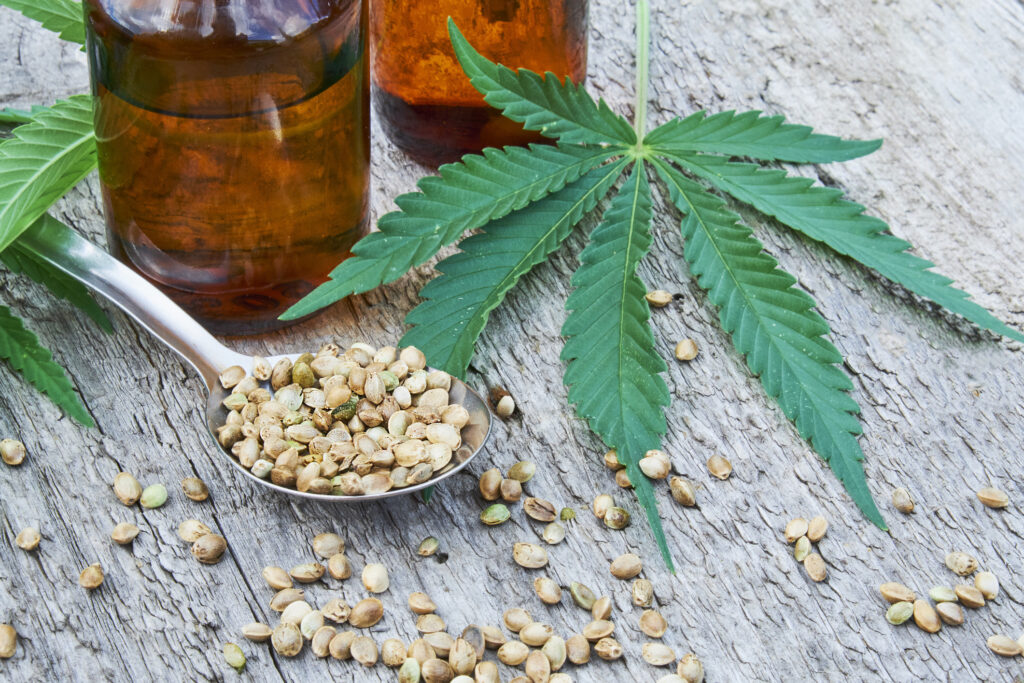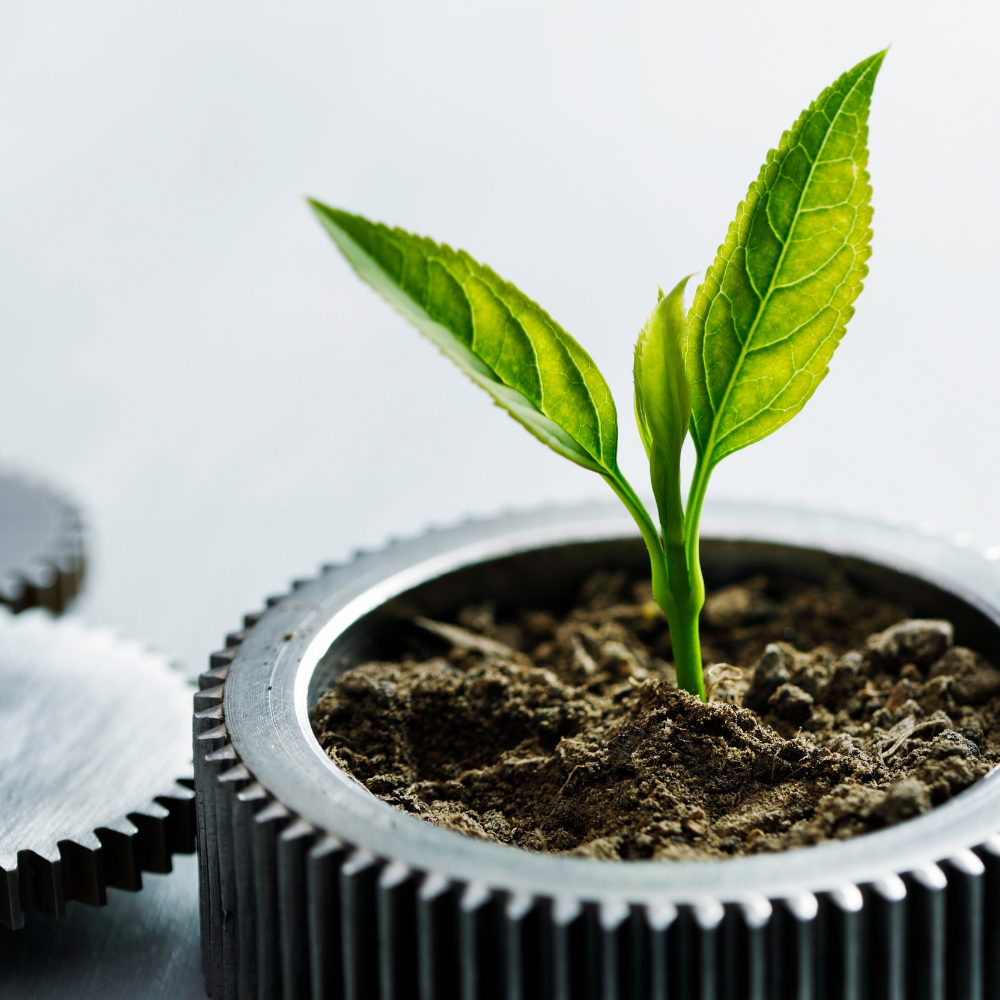Bees are the unsung heroes of our planet. They play an integral role in pollinating our crops and plants, and yet they don’t get nearly as much attention as other species. Bees are responsible for pollinating up to 75% of our food crops, which means that if we lose them then there will be huge consequences for human life on this planet. Without bees, some fruits and vegetables would not be here today. We need to do everything in our power to save the bees before it’s too late!
The world would be a very different place without bees.
Bees are responsible for pollinating many of the world’s crops, which provide us with 80% of our food. Without bees to pollinate plants, many food products would not exist and we would have to rely on other methods to grow our food. Bees are critical to plant reproduction and are necessary for producing fruits, vegetables, nuts and seeds in species such as apples, peaches, and almonds.
If bees were not around there would be no apples or oranges; no corn on your dinner table; no chocolate chip cookies; no raspberries or blueberries from your local farmer’s market!

Bees are responsible for pollinating up to 75% of our food crops.
Bees are responsible for pollinating up to 75% of our food crops. In fact, many of the fruits and vegetables we love today—apples, apricots, avocados, broccoli, carrots, cucumbers and melons—depend on bees to propagate. Even if you don’t think of yourself as a “foodie,” you probably have some favorites that are bee-pollinated!
In order for bees to do their job effectively and efficiently (and thus help us), they need a varied diet year-round. That’s where backyard beekeepers come in. We can contribute to this task by providing hives with fresh water sources throughout the year; honey from different seasons; pollen from plants like sunflowers or violets; wildflowers native to our area; nectar-rich blossoms available during different times of year; plus whatever else we might think would make good additions into their diets (corn syrup would be another option).
Some fruits and vegetables would not be here without bees.
Bees are essential to the pollination of more than 100 crops—including almonds, apples and cucumbers. A full third of the food we eat is made possible by pollination from bees; without them, our diets would be far less diverse. Bees are also critical to the sustainability of our food supply: they’re responsible for pollinating wild plants that aren’t being farmed commercially.
Unfortunately, bees have been disappearing at an alarming rate for several decades now due to a combination of factors including climate change, pesticide use and habitat loss—but luckily there’s still time to stop this trend before it’s too late!

There is no substitute for bees in nature.
Bees are the most important pollinators in nature. They play a crucial role in our food systems, as they pollinate most of the world’s crops and 75% of our food crops. A recent study found that bees are responsible for about one-third of global crop production, which adds up to about $577 billion per year!
That’s why it’s so important we do everything we can to keep these pollinators around.
Bee populations are crashing around the world.
Bees are dying, and it’s a serious problem. As you read this article, bees all over the world are being killed in large numbers by pesticides that have been approved for use by multiple countries. The main cause of bee deaths is pesticide use. Bees are getting poisoned when they drink nectar from flowers that have been treated with pesticides or when they eat pollen from plants that have been sprayed with these chemicals as well.
Bee populations are at risk of extinction if these trends continue unchecked. There is an urgent need to stop using these harmful chemicals so we can protect our vital pollinators and ensure their survival into the future!

We need to save the bees
The health of the planet depends on bees.
Without them, we would not be able to grow many crops and we would have a hard time feeding ourselves. In fact, many plants rely on bees for pollination—and most flowering plants need bees or other insects to pollinate them in order to produce fruit or seeds! Some of these plants include apples, blueberries, cherries and squashes.
And let’s not forget about other animals that depend on bees for survival—such as hummingbirds who rely on nectar from flowers for food or butterflies which use pollen as food for their young caterpillars.
If you are reading this, then you are probably aware that bees are important for our future. If you haven’t already done so, try planting more flowers in your garden and help out local beekeepers by subscribing to their services.



